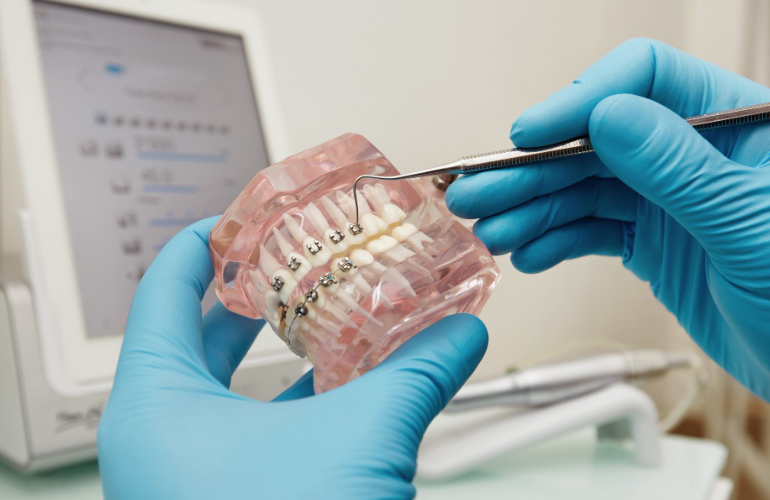Dental implants are a great way to replace missing teeth and restore dental health. However, only some are ideal candidates for dental implants. Several issues can prevent you from getting dental implants, including jawbone deterioration, smokers’ habits, dental trauma, periodontal disease, and age. In this article, we will explore each of these issues in more detail and explain why they can be detrimental to the success of dental implant treatment.
Jawbone Deterioration
The jawbone must be strong enough to support dental implants to succeed. If the bone has deteriorated due to lack of stimulation or periodontal disease, it may not be able to provide sufficient support for dental implants. In these cases, the dental professional may recommend a bone graft to strengthen the jawbone before dental implants can be placed.
Smokers’ Habits
Smoking has been linked to dental implant failure in some cases due to reduced blood flow and inadequate healing. This is because nicotine constricts blood vessels, which can lead to delays in healing and osseointegration (the process by which dental implants fuse with your jawbone). If you are a smoker, it’s important that you quit smoking prior to dental implant treatment for maximum success rates.
Dental Trauma
Dental implants may not be a good option if you have suffered any traumatic dental injury in the past, such as an impacted wisdom tooth or fractured teeth. This is because dental trauma can cause damage to the jawbone and surrounding tissue, making it difficult for dental implants to stay in place.
Periodontal Disease
While dental implants are resistant to periodontal disease, they cannot prevent it. If you have active periodontal disease, dental implant treatment may only be recommended once the infection has been eliminated with other treatments such as scaling and root planing or antibiotics.
Age
The patient’s age is also an important factor when considering dental implants. While young patients are typically able to get dental implants without difficulty, elderly patients may have more trouble due to decreased bone density and increased risk of medical complications from dental implant surgery.
Conclusion
Dental implants can be a great way to restore dental health and replace missing teeth, but they may only be suitable for some. Factors such as jawbone deterioration, smokers’ habits, dental trauma, periodontal disease, and age can all affect the success rate of dental implant treatment. It is important to discuss any potential issues with your dental professional before undergoing dental implant treatment.
FAQs
Dental implants are artificial teeth surgically placed into the jawbone to replace missing teeth or secure dentures. They look and feel like natural teeth and can last for many years with proper care.
Dental implants are generally considered very safe and have a high success rate. However, certain factors can increase the risk of dental implant failures, such as jawbone deterioration, smoking habits, dental trauma, periodontal disease, and age. It is important to discuss these issues with your dental professional before having dental implant treatment.
Osseointegration is the process by which dental implants fuse with your jawbone. This helps ensure dental implants stay in place and remain secure for many years.




